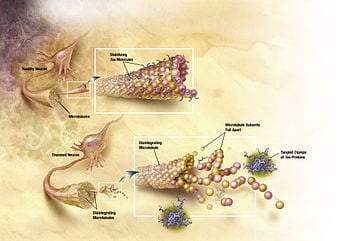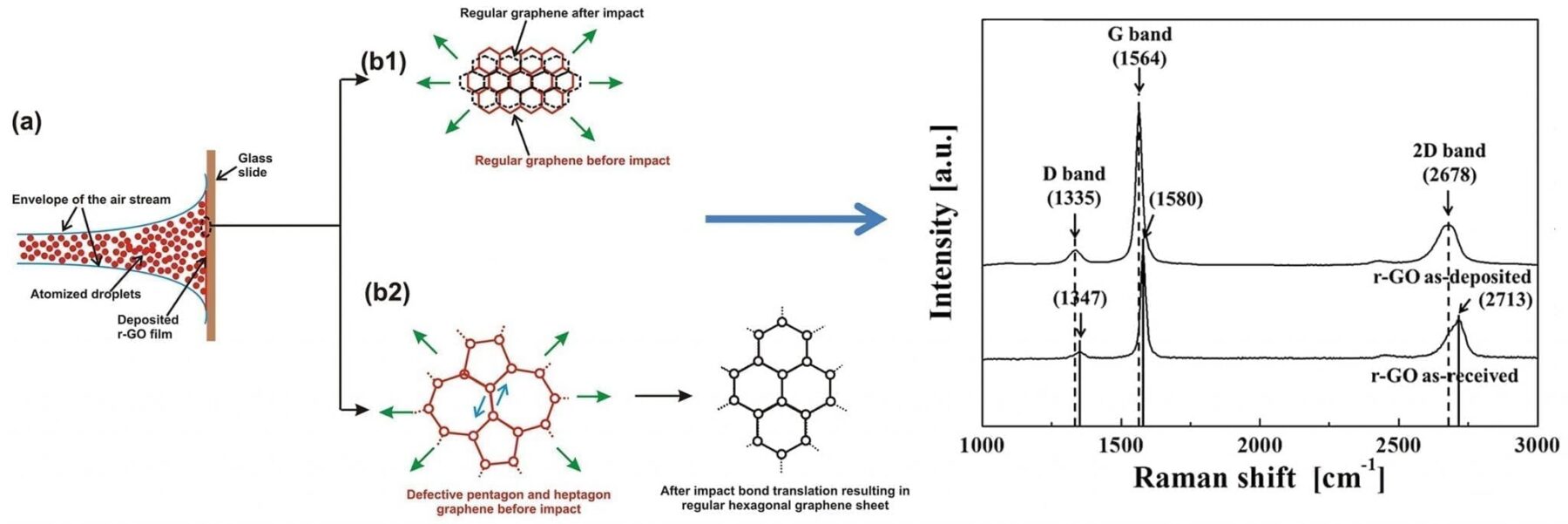
Mechanism uncovered could also help preserve neuron function in Alzheimer’s disease, traumatic brain injury and other neurodegenerative conditions
Research presented by Dr. Lynn Raymond, from the University of British Columbia, shows that blocking a specific class of glutamate receptors, called extrasynaptic NMDA receptors, can improve motor learning and coordination, and prevent cell death in animal models of Huntington disease. As Huntington disease is an inherited condition that can be detected decades before any clinical symptoms are seen in humans, a better understanding of the earliest changes in brain cell (neuronal) function, and the molecular pathways underlying those changes, could lead to preventive treatments that delay the onset of symptoms and neurodegeneration. “After more than a decade of research on the pre-symptomatic phase of Huntington disease, markers are being developed to facilitate assessment of interventional therapy in individuals carrying the genetic mutation for Huntington disease, before they become ill. This will make it possible to delay onset of disease,” says Dr. Raymond.
Read more . . .
The Latest on: Huntington’s disease
[google_news title=”” keyword=”Huntington’s disease” num_posts=”10″ blurb_length=”0″ show_thumb=”left”]
via Google News
The Latest on: Huntington’s disease
- Best organic CBG oil: benefits, side effects, and 4 products we loveon April 25, 2024 at 12:00 pm
Curious about CBG? Learn all you need to know about the cannabinoid and see the best organic CBG oil on the market.
- Walkers needed for Huntington's disease 'Team Hope Walk' in Athenson April 25, 2024 at 10:37 am
The Georgia Chapter of the Huntington’s Disease Society of America is hosting a Team Hope Walk in Athens on Saturday.
- Link between depression and cardiovascular disease explained: They partly develop from same gene moduleon April 24, 2024 at 9:20 pm
Depression and cardiovascular disease (CVD) are serious concerns for public health. Approximately 280 million people worldwide have depression, while 620 million people have CVD.
- Nanomaterial that mimics proteins could be basis for new neurodegenerative disease treatmentson April 24, 2024 at 5:00 pm
A newly developed nanomaterial that mimics the behavior of proteins could be an effective tool for treating Alzheimer's and other neurodegenerative diseases. The nanomaterial alters the interaction ...
- Jersey woman with Huntington’s completes marathonon April 22, 2024 at 4:18 am
A Jersey woman with Huntington’s disease has completed the London Marathon. Ashley Delgado, 35, ran the course to raise money and awareness for Huntington's Disease Association (HDA). Ms Delgado - who ...
- “Hope we’re going to make a difference,” Walk for Huntington’s Disease to be held in Jacksonon April 19, 2024 at 7:44 pm
The Team Hope Walk to raise funds and awareness for Huntington’s Disease is taking place at 9 a.m. at Jackson City Park on April 20 ...
- Team Home Walk for Huntington's Disease tomorrow in Jacksonon April 19, 2024 at 5:20 pm
Members of Catholic Charities of Southern Missouri hosted a ribbon cutting Thursday for its second LifeHouse Crisis Maternity Home in Cape Girardeau. Officers were called around 10 p.m. to the 2800 ...
- Neurodegenerative Disorder-Focused Sage Therapeutics Stock Falls On Disappointing Parkinson's Dataon April 17, 2024 at 9:42 am
Sage Therapeutics' Phase 2 study on dalzanemdor (SAGE-718) for mild cognitive impairment in Parkinson's Disease. Learn about topline results, safety, and future milestones in 2024.
- Sage halts trials in Parkinson’s after drug fails to show benefiton April 17, 2024 at 8:56 am
The Cambridge company's experimental drug was being evaluated in a Phase 2 study in people with mild cognitive impairment in Parkinson’s disease.
- Reyna’s Tacos to return to help child with rare disease — what you can doon April 17, 2024 at 8:00 am
The family of a 4-year-old San Angelo girl diagnosed with a rare neurological disease is raising funds to pay for a trip to an international conference. Here's how you can help — and walk away with a ...
via Bing News










